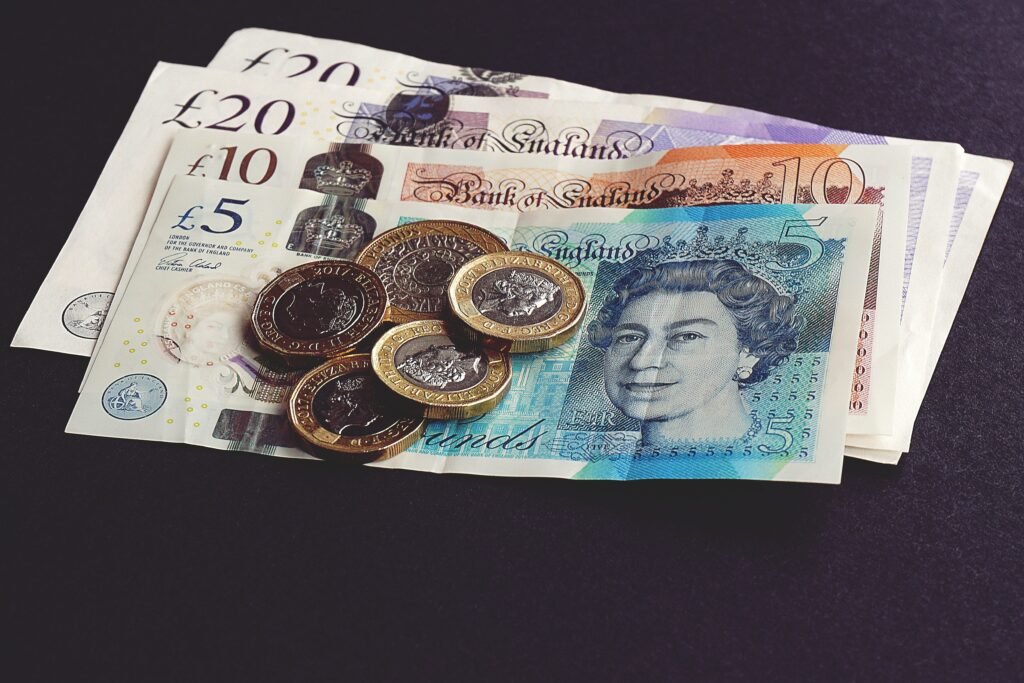It looks like the average energy bill is going to go up next year, which could mean higher energy costs for a lot of people. UK households may experience an average energy bill increase of £94 or £7.83 per month this year due to unstable international markets and global events.

By being aware of your energy consumption and taking steps to be more efficient, you can save on your energy bills. Even though energy unit rates are capped, your total bill still depends on how much energy you use. It’s important to bear in mind that energy prices are not expected to go back to pre-pandemic levels until the end of the decade, so it’s especially important to conserve energy right now.
Changing your energy provider, switching to a green energy tariff, insulating your home, and using smart energy technology to monitor your usage are all effective ways to save money. If you take these steps, you could potentially save up to £270 a year.
Understand Your Energy Consumption
Understanding energy consumption patterns in the UK is essential to effectively managing your energy usage and costs. An energy audit and tracking your energy usage can help you identify areas where you could save energy. Knowing how to read energy bills and understanding energy usage patterns can help you pinpoint and reduce wasteful energy consumption, leading to savings in both time and money.
Staying on top of your energy consumption is the best way to keep your energy bills manageable. Checking your meter readings regularly and comparing it to your energy bill can help you spot any discrepancies or overcharges.
If you have an analogue dial meter, it can be more difficult to check your readings. To ensure that you’re only paying for what you’re using, consider getting someone to come in and accurately measure your energy use.
Make Smart Choices with Appliances
First step in saving energy and money on your energy bills. Purchasing energy-efficient appliances and electronics can help reduce your energy usage and save you money in the long run. When purchasing new appliances, look for the Energy-Star rating, which indicates that the appliance meets the standards of the UK.
Department of Energy for energy efficiency. Additionally, you should look for appliances with power-saving features such as timers and automatic shut-off settings. You can also save energy by turning off and unplugging appliances and electronics when not in use.
Appliances such as television sets, computers, and printers should all be unplugged as soon as they are done being used. This can help lower your energy bills and reduce your carbon footprint.

Uncover Hidden Energy Drains
Making Smart Choices with Appliances is a great way to uncover hidden energy drains and save on your energy bills. Purchasing energy-efficient appliances and electronics can help reduce your energy usage and save you money in the long run. When purchasing appliances, look for the Energy-Star rating, which indicates that the appliance meets the standards of the UK Department of Energy for energy efficiency.
It is important to be aware of how much energy your household appliances use. This is especially true for appliances such as water kettles, fridges, dishwashers, toasters, and bathroom appliances.
Water kettles can use a lot of energy and can be expensive. Boiling two liters of water can cost up to 6p, which can add up quickly if you use the kettle multiple times a day. A refrigerator uses 165 kWh per year and costs 9p per day, while a dishwasher uses 1.2 kWh per hour and costs 36p per use.
Embrace Energy-Saving Technologies
Smart home technology is becoming increasingly popular as homeowners look for ways to reduce their energy usage. Programmable thermostats and smart lighting systems can be used to adjust the temperature and lighting in a home to save energy. Smart appliances can also be used to maximize energy efficiency.
For example, refrigerators and dishwashers can be set to run at off-peak times to reduce energy cost. Additionally, there are now energy-monitoring devices available to track energy usage and identify wasteful patterns.
These devices can even give you real-time feedback on how much energy you are using so that you can adjust your habits accordingly. In addition to smart appliances, you should also look for appliances with power-saving features such as timers and automatic shut-off settings. Implementing smart home technology and energy-saving solutions can significantly reduce your energy consumption and lower your energy bills.

Read More: Unlock the Secret to Open Your Pharmacy Business with the Perfect Loan: New Tips 2023
Harness the Power of Natural Light
Natural light is an important source of energy for homes in the UK. It can help reduce energy consumption and utility bills, as well as enhance the comfort and ambiance of any home. To make the most of natural light, arrange furniture and use light-colored curtains to maximize the amount of daylight coming in.
Additionally, ensure proper insulation and weatherstripping to prevent heat loss during colder months. Natural lighting can help create a comfortable and energy-efficient home. Installing energy efficient lighting solutions in your home is a great way to save energy and money, while also helping reduce the negative impacts of artificial electricity generation on the environment.
Not only is it practical, but it also has various beneficial health effects that can improve physical and mental well-being. Investing in energy efficient lighting now can lead to significant savings in the long run.
Conclusion:
The UK has some of the highest energy costs, but there are many ways to make savings. Make the most of natural sunlight to heat and light your home. Installing solar panels, skylights and double-glazing windows can help you capture the sun’s energy. You can also invest in energy-efficient appliances and consider renewable energy sources, which may be eligible for government grants or incentives. Making smart energy choices now can save you money in the future.
